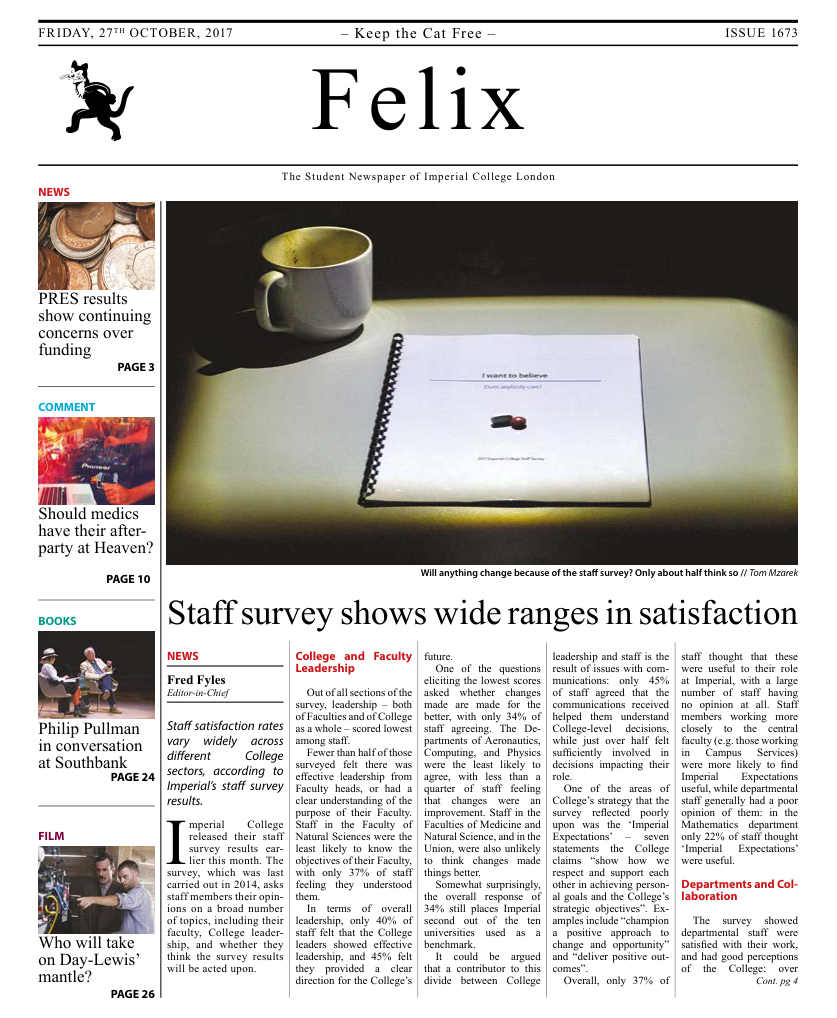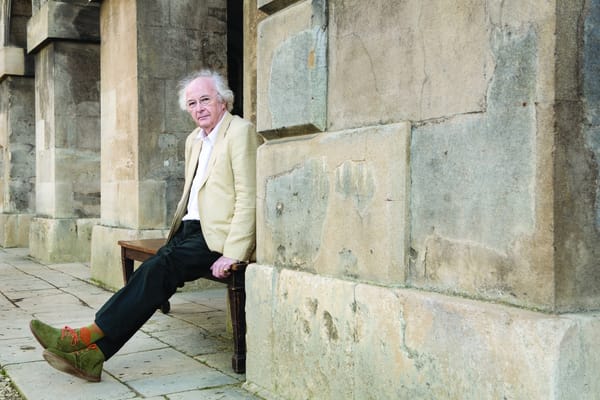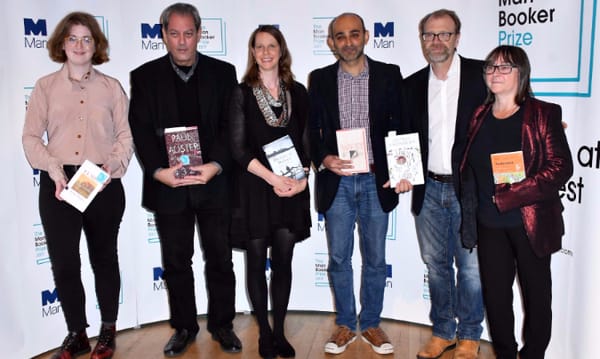Ali Smith’s Autumn is more than just a post-Brexit manifesto
The innovative and poetic portrayal of a country in turmoil and the lessons learnt is deserving of its Man Booker Prize nomination

Books which lack speech marks always scare me. It can seem like they’re trying too hard just to break a rule and look contemporary. But I should never have doubted Ali Smith, in whose new book, Autumn, it feels entirely appropriate. It freed the author to skip between characters and to entwine her own voice with the text. No visual breaks signal a change in the dialogue and the fictional people seep into our reality. It feels like they would fit in.
Elisabeth is a lecturer in history of art, although her job isn’t entirely stable. She is on a mission to renew her passport. Daniel is her “artsy art” friend from childhood with a century’s worth of wisdom to impart. He is holed up in a care home, always asleep and allegedly close to death. Jumps through time allow glimpses into their relationship and beautifully ordinary lives. Nothing they do seems impossible, although they have some pretty wacky dreams. It is a joy to come across the usual opener of their conversations, “What’re you reading?”, because what follows is always filled with quiet tenderness.
From their first meeting when Elisabeth is eight, Daniel provides many lessons. He’s a patient teacher, and very clearly part of the novel for a reason. To begin with it felt a little too obvious: each time he appeared it was very obviously signposted that you should start thinking. Daniel is teaching Elisabeth, and Daniel is teaching you. Are you following? Once I accepted this, and once I got my head around some of the statements, I was drawn into the finer elements of his character. The mystery of his past and his pitiful future were enough to keep me engaged when he appeared on the page.
Autumn is a “novel of ideas”, and every sentence, spoken by Daniel or not, seems to lead you into some deeper meaning. Towards the end, an entire chapter abandons the fictional characters to turn its focus to two scandalous real-life women: Pauline Boty and Christine Keeler. I had previously heard of neither and the novel has given me a lot of homework. Keeler rocketed into the public sphere through her affair with British politician John Profumo and was the subject of one of Boty’s pop-art paintings. Their chapter revolves around the tragedy and beauty of their lives, but felt a little isolated from the rest of the novel, both in its style and in the fact it was the only segment focussed upon the year 1962.
Autumn truly feels like one long poem, a form remarkably sustained throughout the entire journey.
However, this section was the definitive culmination of many strong hints towards the theme of feminism. It finally struck me that all the main characters – at least the conscious ones – were women. They are clever, witty, and, most importantly, expressive. By the end of the novel, they each have a passion which they joyously work for.
This was not the main topic that I expected from this novel. “Post-Brexit” is a phrase that appears in almost every article that there is on the book. Its presence was obvious, but the message was not what I expected. Instead of focussing on a political standing, Smith took Brexit, along with the Profumo affair, and decided to explore how a country copes with the lies it is fed. The turmoil presented is juxtaposed with discussions of art, literature, ballet, and other cultural exploits. Expression is portrayed as the carrier truth and a symbol of hope.
Smith illustrates this sentiment with the season for which the novel is named. At the very end of the novel it is November and the season is changing: leaves are dying, the weather is gloomy. “All the souls are out marauding. But there are roses, there are still roses.” Despite the decay, there is persistence and hope.
At times it seemed best to give in to Smith’s torrent of educational thought and accept that I wouldn’t follow. Instead of stopping, going back a page, and fretting over every minute detail, maximum enjoyment can be drawn from sitting back and enjoying the flow from each word to the next, sentence to sentence. The nuances can wait until another time, another read. The language is simple but strange. Experimental paragraphs mostly containing seemingly random strings of words break the rules of plot and progression. It truly feels like one long poem, a form remarkably sustained throughout the entire journey.
The most remarkable thing about the novel is that Smith wrote it in such a short period of time. The release date was just four months after the fateful vote. The topic remains a sore subject in Britain and many of the situations portrayed feel all too familiar. It is as the novel itself says “an old story so new that it’s still in the middle of happening, writing itself right now with no knowledge of where or how it’ll end.” The story is just a snapshot of events which continue beyond its end. As time goes on, this book will always remain in 2016 and take anyone who cares to read it back to that time.
I can’t say Autumn changed my life, but it certainly made me think.
Autumn by Ali Smith; Hamish Hamilton; 272 pp.









